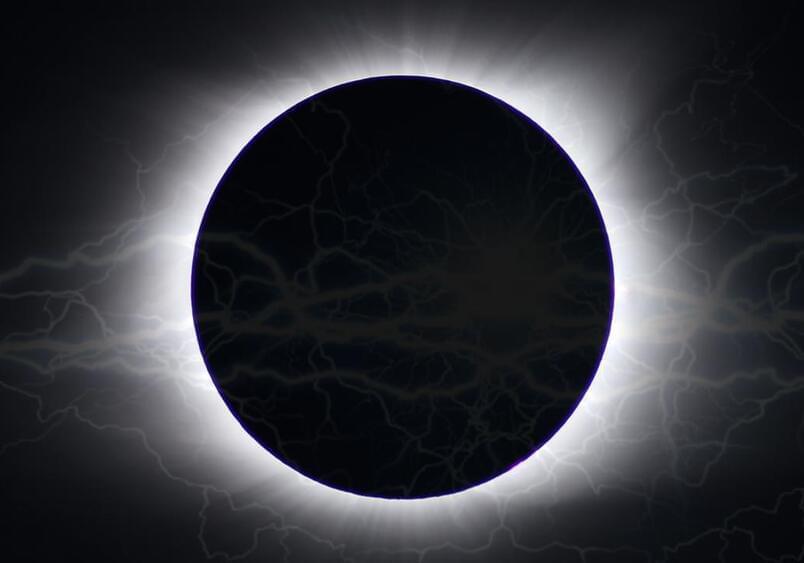The launch date of NASA’s Webb Space Telescope is December 18. It will study exoplanets, the Big Bang, and more.
Category: cosmology – Page 328
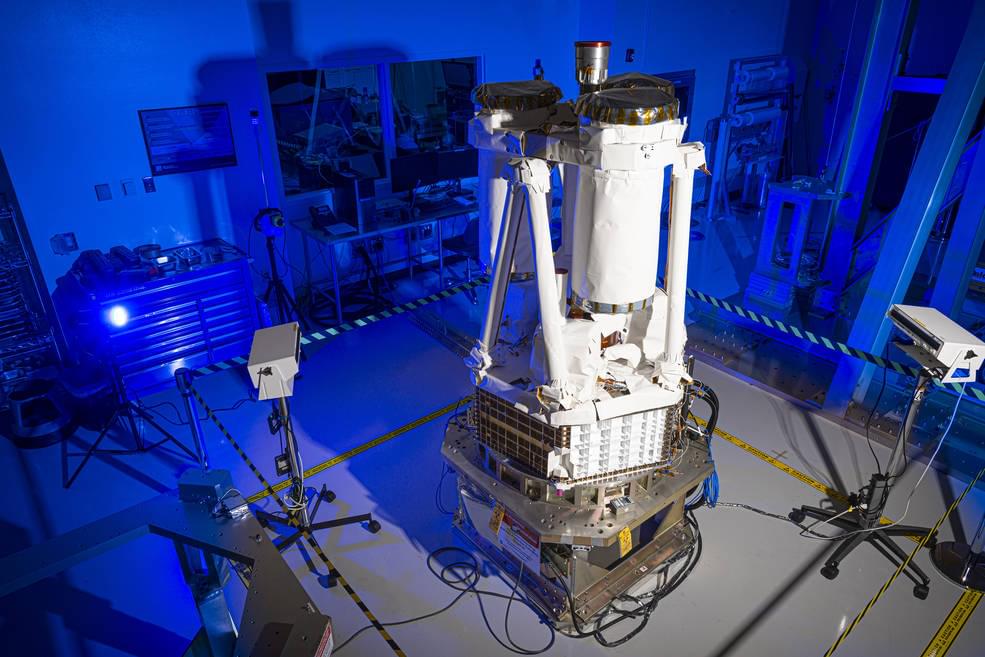
IXPE nearing shipment to Florida for December 2021 launch
The launch of the Imaging X-Ray Polarimetry Explorer (IXPE) observatory is now targeting December 13 2021, onboard a SpaceX Falcon 9 rocket from the Kennedy Space Center in Florida. The IXPE X-Ray observatory is the latest spacecraft in NASA’s historic Small Explorers (SMEX) program.
The IXPE mission was first selected as a part of the Explorers program in January 2017. NASA awarded the IXPE team $188 million for the spacecraft and mission, including the cost of the launch vehicle, post-launch operations, and data analysis. The spacecraft will be used to study Black Holes and other cosmic X-ray mysteries.
Built by Ball Aerospace at facilities in Boulder, Colorado, the IXPE spacecraft is based on the Ball Configurable Platform (BCP)-100 satellite bus. The BCP-100 is one of Ball Aerospace’s offerings for a modular satellite bus for low-Earth orbit (LEO) operations. It was most recently used by NASA’s Green Propellant Infusion Mission (GPIM) to test a new type of Green propellant for space operations.
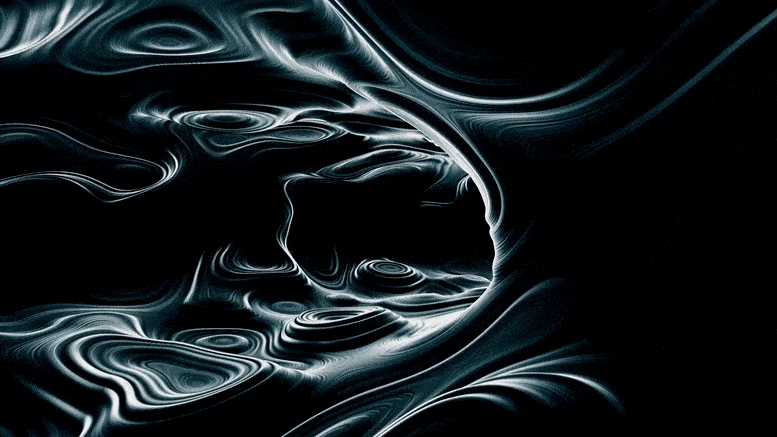
XENON1T Experiment May Have Detected Dark Energy
– SciTechDaily o.o!!!!
Dark energy, the mysterious force that causes the universe to accelerate, may have been responsible for unexpected results from the XENON1T experiment, deep below Italy’s Apennine Mountains.
A new study, led by researchers at the University of Cambridge and reported in the journal Physical Review D, suggests that some unexplained results from the XENON1T experiment in Italy may have been caused by dark energy, and not the dark matter the experiment was designed to detect.
“It was surprising that this excess could in principle have been caused by dark energy rather than dark matter. When things click together like that, it’s really special.” —
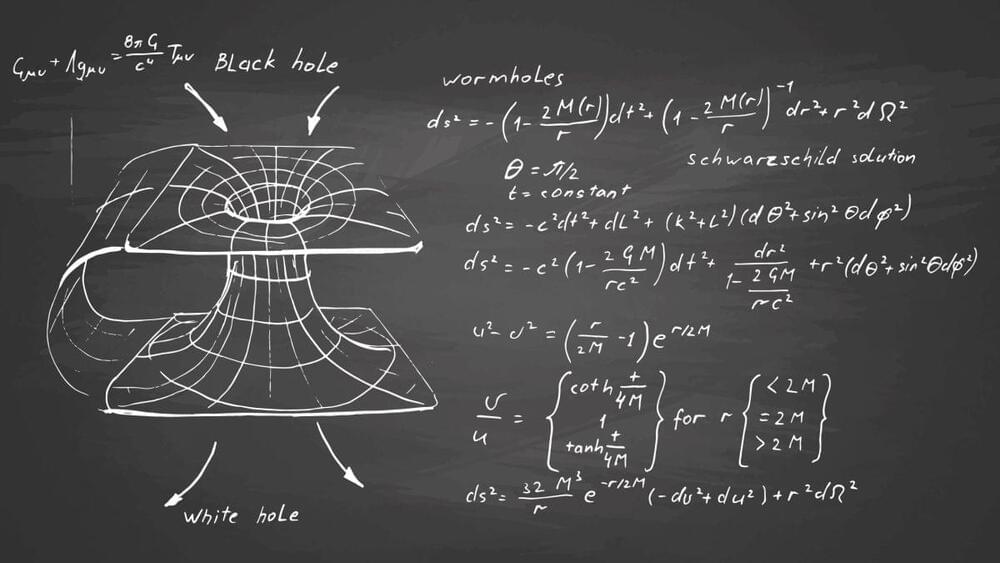
Strange mathematical term changes our entire view of black holes
Black holes are getting weirder by the day. When scientists first confirmed the behemoths existed back in the 1970s, we thought they were pretty simple, inert corpses. Then, famed physicist Stephen Hawking discovered that black holes aren’t exactly black and they actually emit heat. And now, a pair of physicists has realized that the sort-of-dark objects also exert a pressure on their surroundings.
The finding that such simple, non-rotating “black holes have a pressure as well as a temperature is even more exciting given that it was a total surprise,” co-author Xavier Calmet, a professor of physics at the University of Sussex in England, said in a statement.
A Particle Physics Experiment Might Have Directly Observed Dark Energy
In a new study, a team of researchers proposed that Dark Matter detectors could also search for the elusive force that is causing our Universe to expand (Dark Energy)!
About 25 years ago, astrophysicists noticed something very interesting about the Universe. The fact that it was in a state of expansion had been known since the 1920s, thanks to the observation of Edwin Hubble. But thanks to the observations astronomers were making with the space observatory that bore his name (the Hubble Space Telescope), they began to notice how the rate of cosmic expansion was getting faster!
This has led to the theory that the Universe is filled with an invisible and mysterious force, known as Dark Energy (DE). Decades after it was proposed, scientists are still trying to pin down this elusive force that makes up about 70% of the energy budget of the Universe. According to a recent study by an international team of researchers, the XENON1T experiment may have already detected this elusive force, opening new possibilities for future DE research.
The research was led by Dr. Sunny Vagnozzi, a researcher with the Kavli Institute for Cosmology (KICC) at the University of Cambridge, and Dr. Luca Visinelli, a Fellowship for Innovation (FELLINI) researcher (which is maintained with support from the Marie Sklodowska-Curie Fellowship) at the National Institute of Nuclear Physics (INFN) in Frascati, Italy. They were joined by researchers from the Institute de Physique Theórique (IPhT), the University of Cambridge, and the University of Hawai’i.

Are we living in a baby universe that looks like a black hole to outsiders?
A new paper takes a deep dive into primordial black holes that were formed as a part of the early universe when there were still no stars or galaxies. Such black holes could account for strange cosmic possibilities, including baby universes and major features of the current state of the cosmos like dark matter.
To study the exotic primordial black holes (PBHs), physicists employed the Hyper Suprime-Cam (HSC) of the huge 8.2m Subaru Telescope operating near the 4,200 meter summit of Mt. Mauna Kea in Hawaii. This enormous digital camera can produce images of the entire Andromeda galaxy every few minutes, helping scientists observe one hundred million stars in one go.
A strange void found in space could solve an enduring mystery
This void spans across nearly 500 light years.
Although space is vast, it mostly teems with gas, dust, rocky objects, or stars. But this region wedged between the star-forming clouds was bare, puzzling the astronomers.
“What we see is the cavity, which means that there was some powerful mechanism to excavate this region,” Bialy says.
The data revealed that the Perseus and Taurus molecular clouds are not two independent structures but that they actually formed from the same event. And the scientists behind the new study believe that event may have been a supernova.
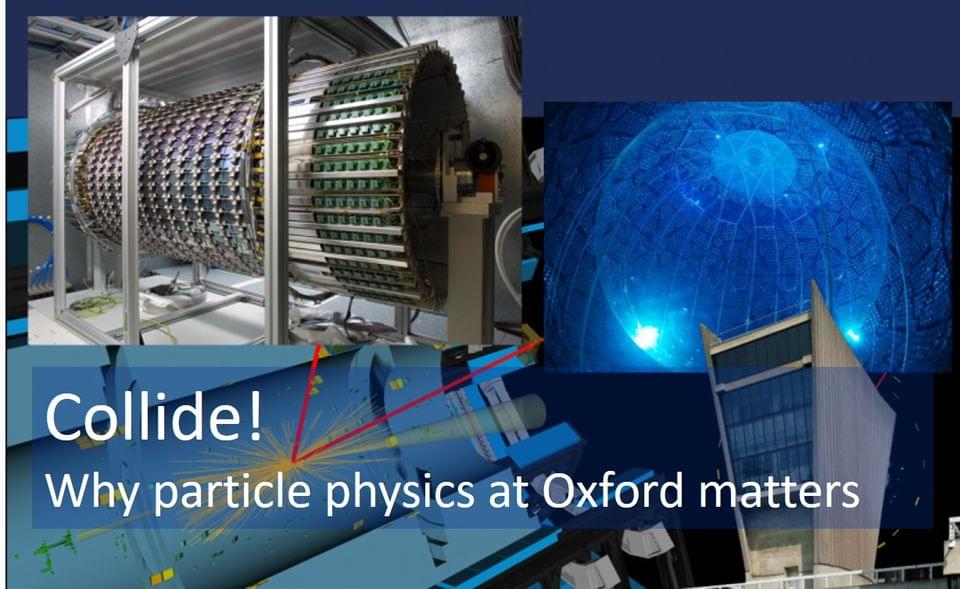
COLLIDE! Why particle physics at Oxford matters… | Facebook
Thu, Sep 23 at 8 AM PDT.
Join us on-line from 4pm to 7pm on Thursday 23 September for a livestream event to learn about particle physics research at Oxford. Hear from researchers studying High Energy collisions, and phenomena like dark matter, antimatter, and neutrinos; follow a guided tour of our Minecraft model of the CERN laboratory; and watch exciting demonstrations from the Accelerate! show. Oxford particle physicists will be available through the evening to answer your questions.
Live, via the Oxford Physics YouTube channel. Everyone is welcome, regardless their knowledge of physics.
Full Schedule
NASA Turned a Star’s Corpse into Sound — and It’s Magical
NASA Turned a Star’s Corpse into Sound — and It’s Magical.
We all know that there’s no sound in space. However, one project from NASA is turning that fact on its head by transforming images of space objects into beautiful music.
It’s all a part of a “sonification” project by the agency’s Chandra X-ray Observatory and the Universe of Learning program, according to a NASA blog about the topic. The project takes normal charts and images of space and transforms them into sound.
One of the most recent examples of this showcases what the remnants of the Tycho supernova sounds like — and it’s absolutely magical.
